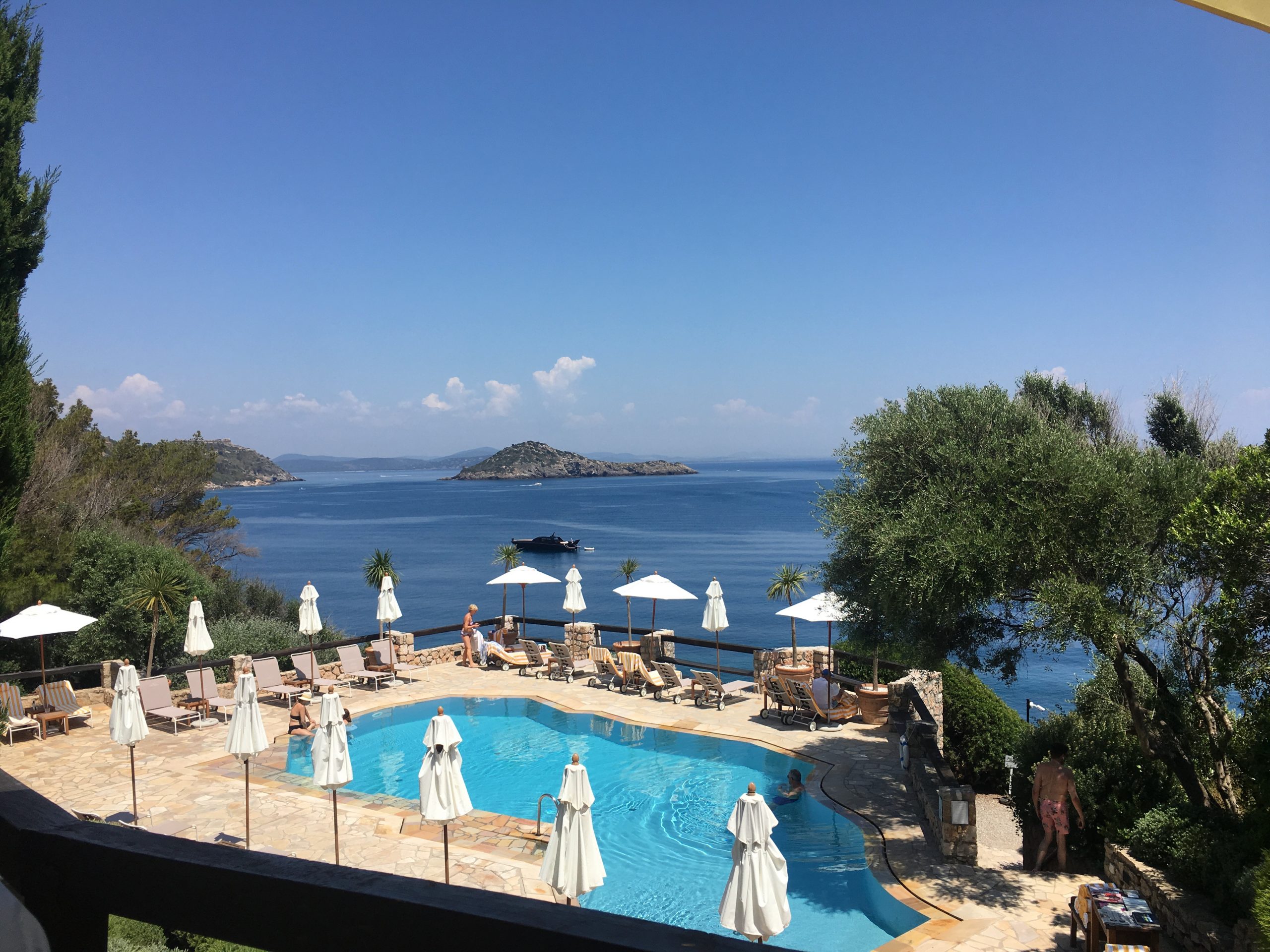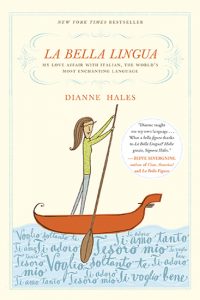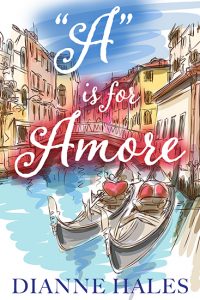
I swam my way through the pandemic. As soon as Covid restrictions eased, our community pool reopened—with social distancing, which meant no more than two swimmers at a time. By coming late in the day I almost always have had the pool to myself. Lovely as it is to be in the water—any water—it’s not the same as swimming in Italy.
The first time that an Italian sharing a hotel elevator asked if I had “fatto il bagno,” I was taken aback. Was she really asking if I had taken a bath? And if so, why?
“Si,” I replied tentatively. As she chattered about the sun and the sea, I realized that “fare il bagno” also can translate informally as “to take a dip” or nuotare (to swim).
“Sa nuotare?” (Do you know how to swim?) a lifeguard (bagnino) asked one day as I prepared to dive (fare un tuffo) into the sea.
“Si, sono una nuotatrice provetta” (Yes, I’m an experienced swimmer), I assured him. In fact, my husband says that I swim come un pesce (like a fish)–although I aspire to glide through the waves like a more alluring marine creature, such as a sirena (mermaid) or ninfa di mare (sea nymph).
In una piscina (swimming pool), I do vasche (laps) of various stili (strokes): rana (breast stroke), nuoto alla marinara (side stroke), stile libero (crawl, freestyle) and dorso (back stroke). Sometimes I simply faccio il morto (play dead or float) or sguazzo (splash around).
However, I much prefer bagni di mare (sea bathing). I’m not much of a subacqueo (diver), but if I have the chance, I enjoy snorkeling (nuotare con boccaglio e maschera). There was a time when I travelled with my own pinne (flippers) along with other marine essentials: costumi da bagno (bathing suits), occhialini da nuoto (goggles), ciabatte da piscina (pool slippers) and plenty of protezione solare (sunscreen).
Wherever you are, you can swim in the Italian language without having to entrare in acqua (get in the water) or get tutto bagnato (soaking wet). For instance, you might find yourself in alto mare (in high seas or all at sea). Or you could tuffarsi negli affari (plunge into business) and quickly end up in un mare di guai (in a sea of troubles). Then you would have to cercare per mari e per monti (search for the seas and mountains, or look high and low) for the equivalent of a salvagente (life preserver).
If you spend enough time in Italy, you might be invited to bagnare un avvenimento (celebrate an occasion, such as a graduation or baptism) with Italian friends. The event could turn out to be so moving that you might avere un tuffo al cuore (feel your heart dive — or swell — with emotion). You also don’t need lezioni di nuoto (swimming lessons) to nuotare nell’abbondanza o nell’oro — literally to be so rich that you’re swimming in wealth or gold.
Dianne Hales is the author of LA BELLA LINGUA: My Love Affair with Italian, the World’s Most Enchanting Language; LA PASSIONE: How Italy Seduced the World; and MONA LISA: A Life Discovered. Treccani has published an Italian translation, LA BELLA LINGUA: la mia story d’amore con l’Italiano.







